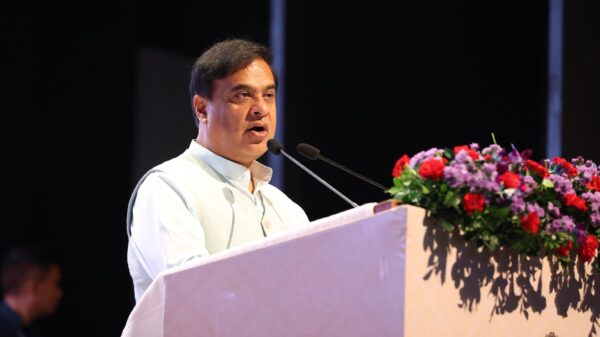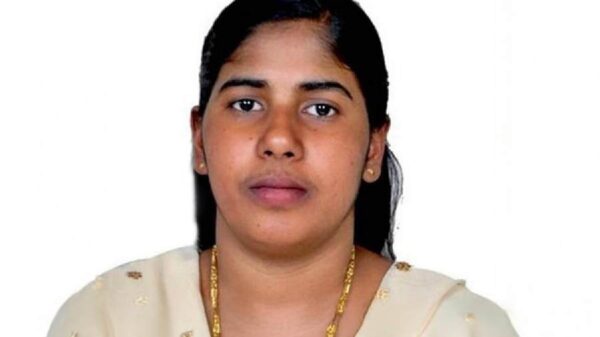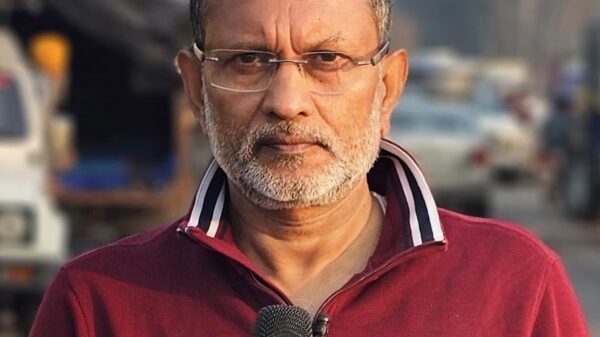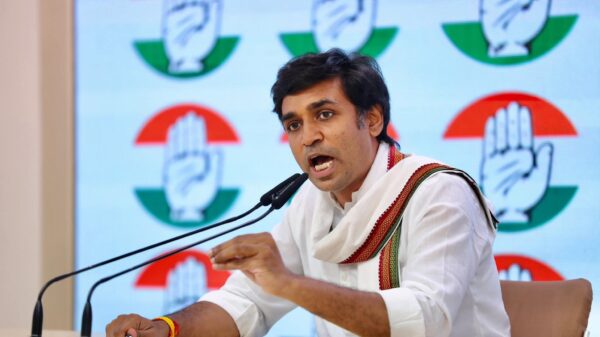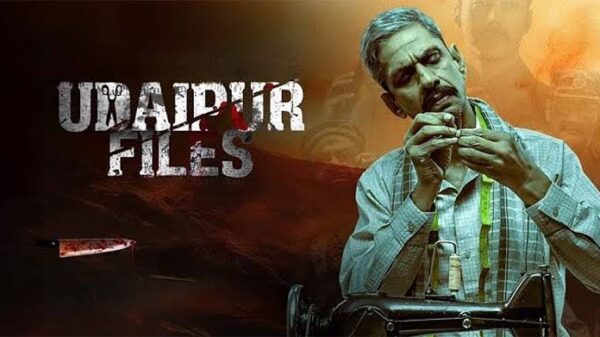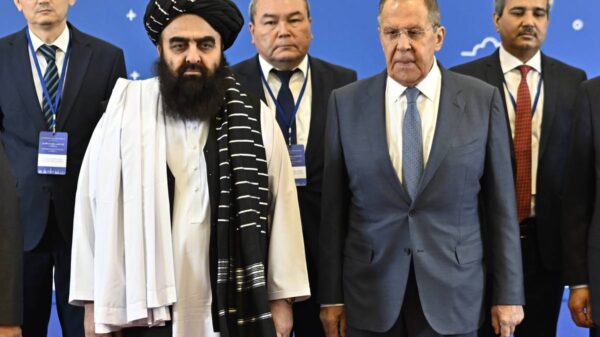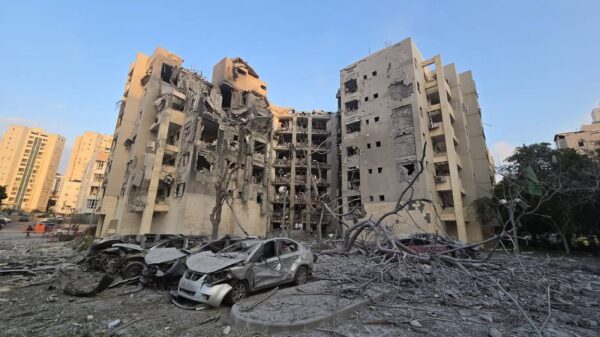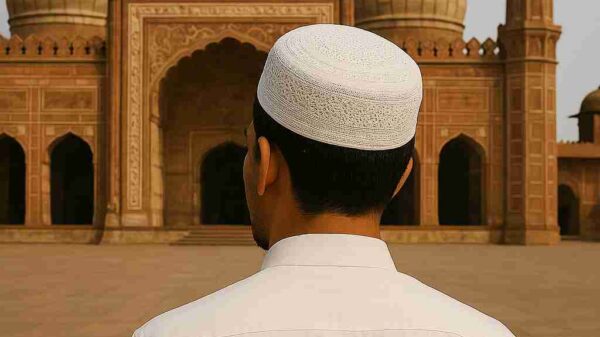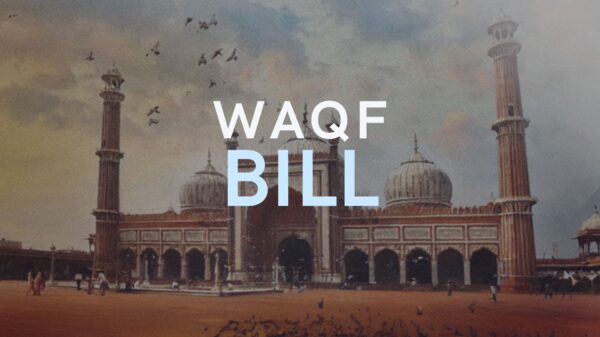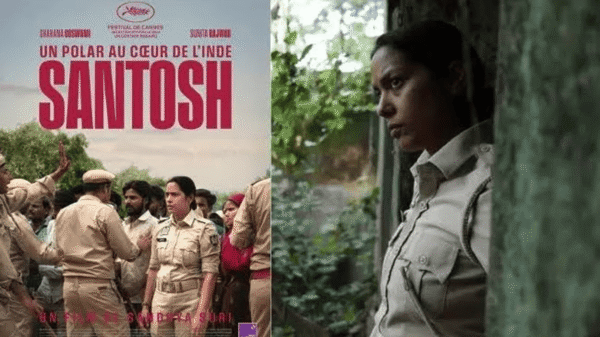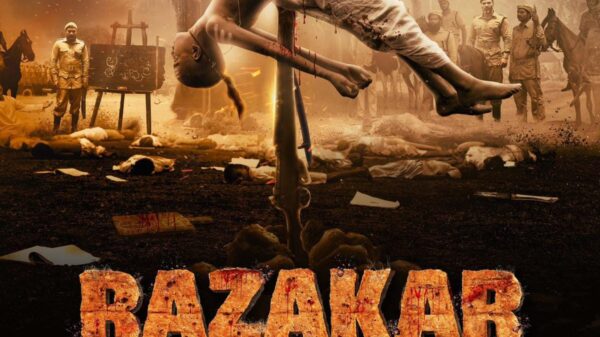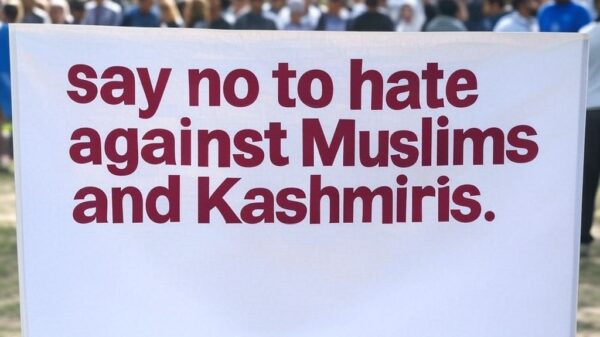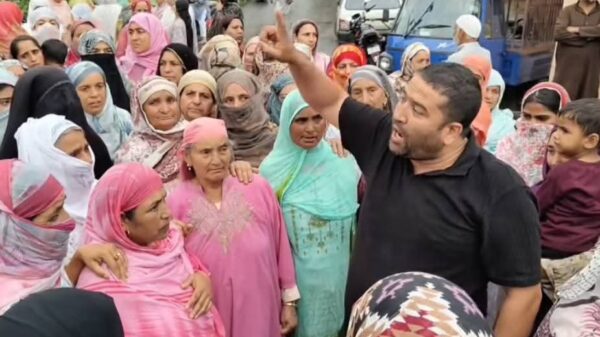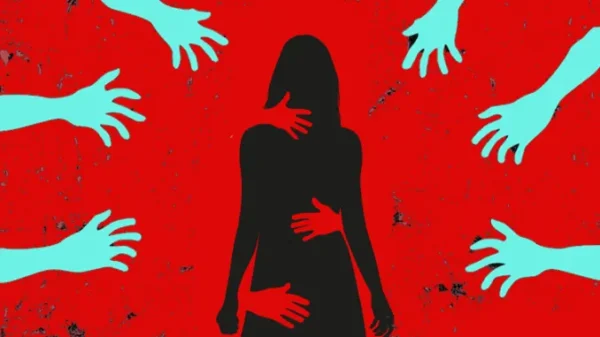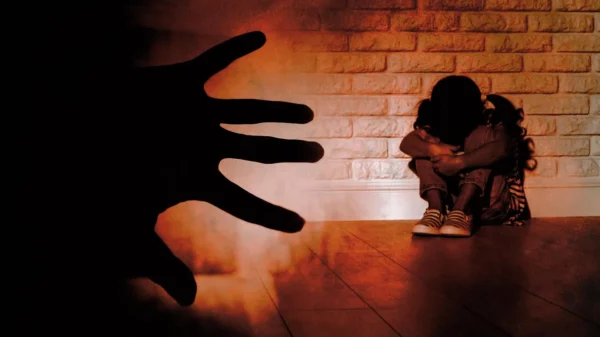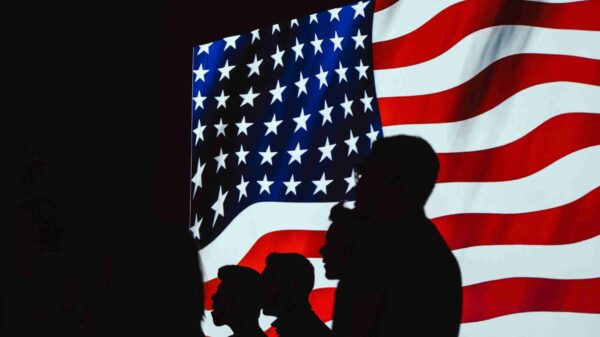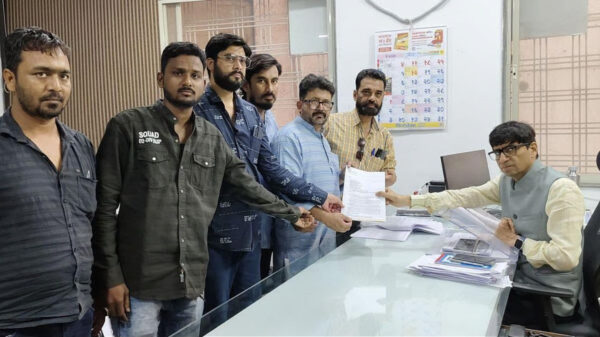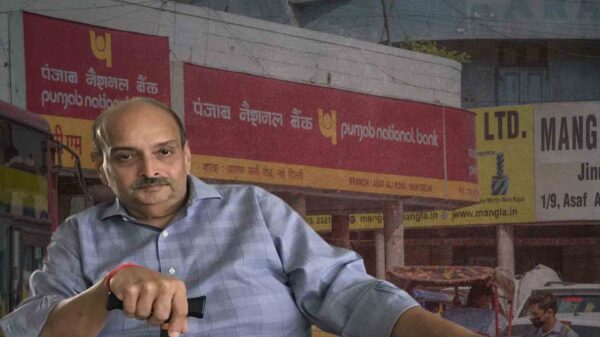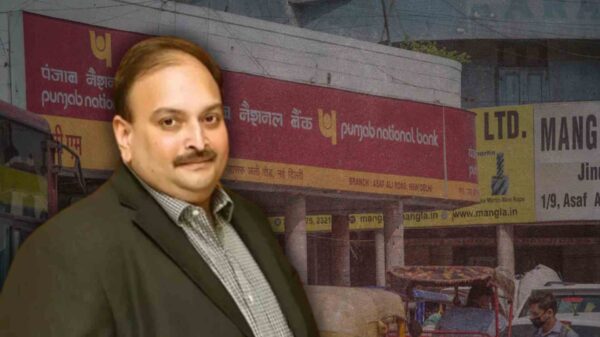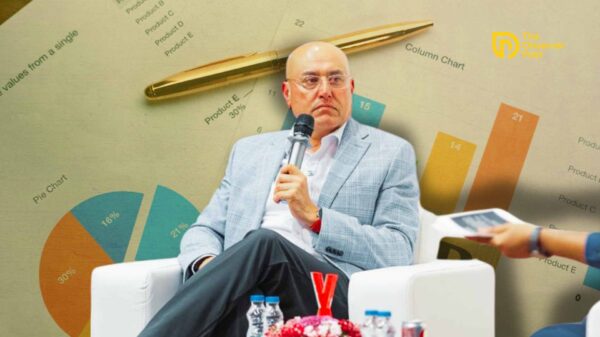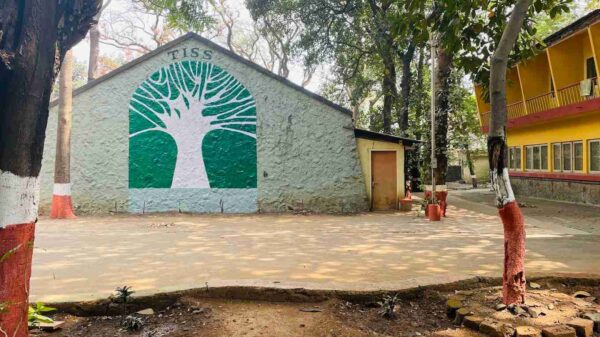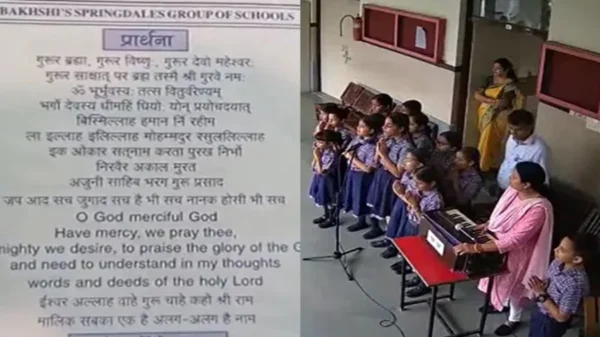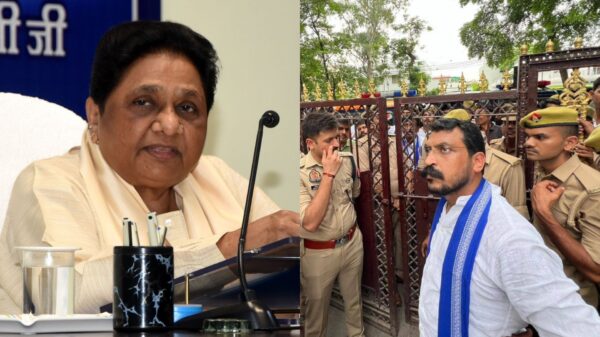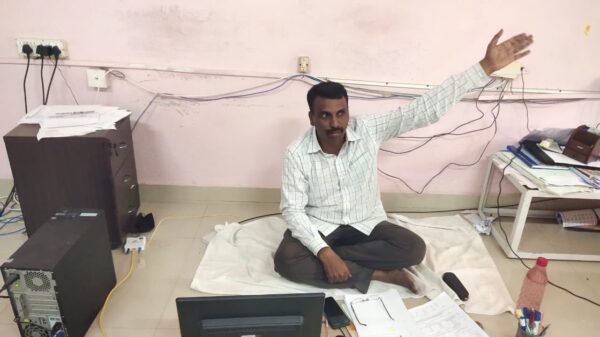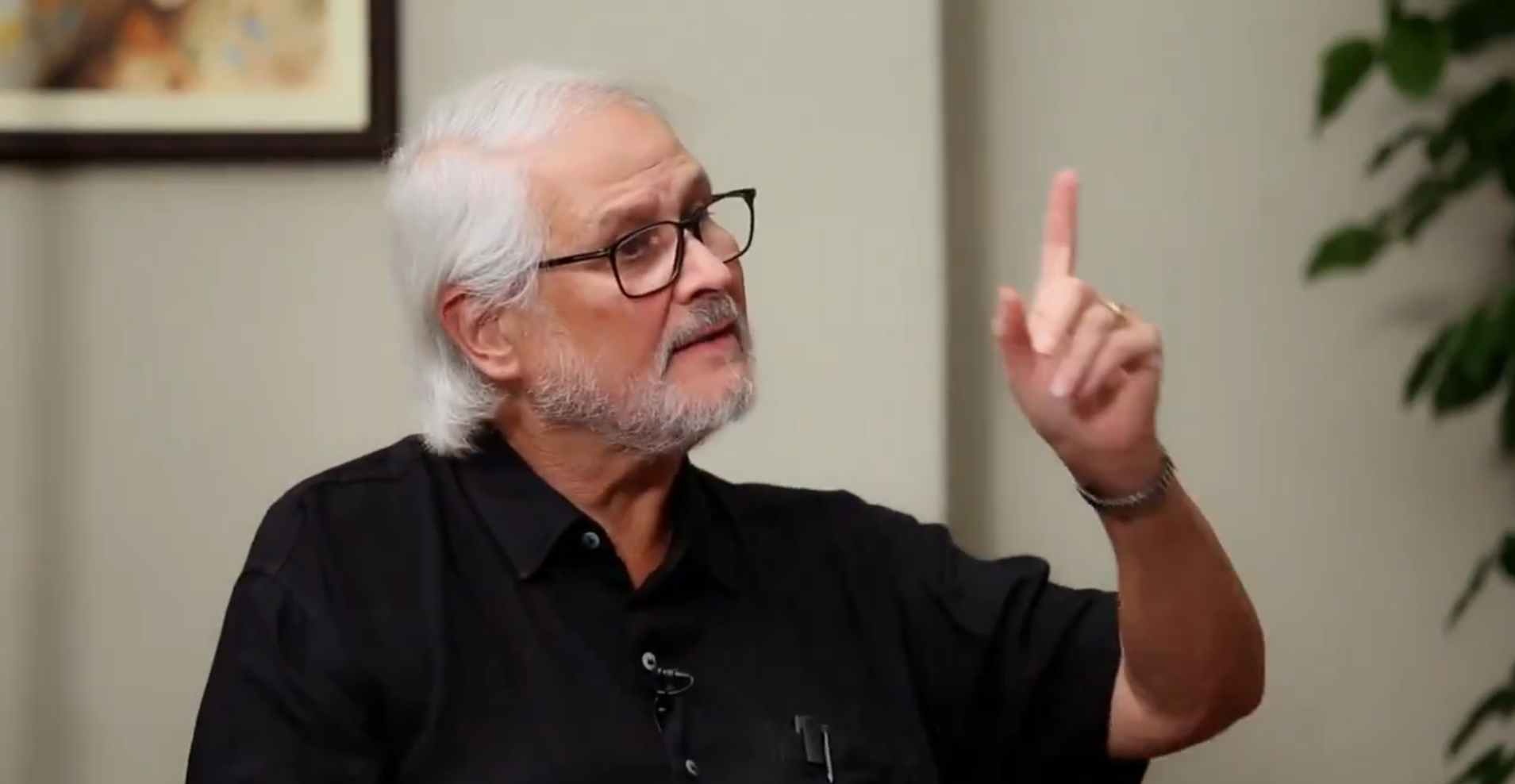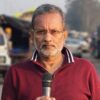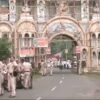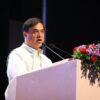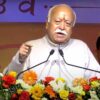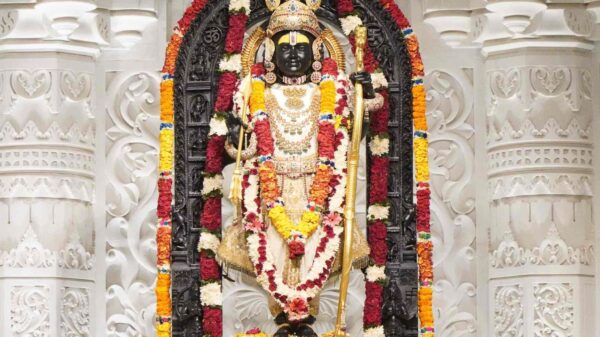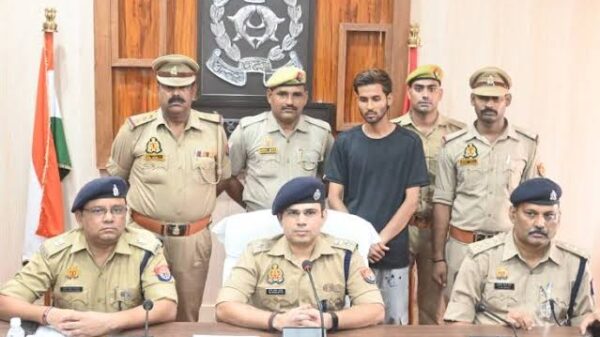Former Delhi Lieutenant Governor Najeeb Jung stated on Monday that the country descended into communalism due to the Rajiv Gandhi government’s hasty response to the Shah Bano case in 1985. He argued that the government’s decision, which was seen as a concession to religious sentiment, paved the way for the Ram Janmabhoomi movement.
Jung was giving a speech in Mumbai at the “Bhogilal Leherchand & A D Shroff Memorial Lecture.” He was discussing “Ethics & Communal Harmony — Impact on Sustainable Development and Economy” with writer Shekhar Gupta.
In the Shah Bano case from 1985, the Supreme Court ruled that a struggling divorced woman would be eligible for maintenance following a divorce that affected Muslim women. In April 1978, a 62-year-old Muslim woman, Shah Bano, filed a petition in court demanding maintenance from her divorced husband .
But the Shah Bano ruling was overturned when the Rajiv Gandhi administration passed the Muslim Women (Protection of Rights on Divorce) Act, 1986.
In the meantime, a controversy erupted when the district court of Faizabad ordered the locks of the Babri Masjid, where there had previously been a disagreement concerning the existence of a temple, to be opened at about the same time in February 1986.
Jung expressed his disappointment by the ruling on the Ram Mandir delivered by former Chief Justice of India D Y Chandrachud and that it will lead to more issues in the nation.
Jung said, “The problem will be that unless there is a review petition and Justice Chandrachud’s judgment is (over)turned, there is no end to it. There are 1,800 such mosques that are disputed in this country.”
He said that these occurrences could not be explained by the fundamental elements of a society that depended on social peace.
He claimed that these occurrences could not be explained by the fundamental elements of a society that depended on social peace.
“A functioning democracy is more deliberative, electoral processes manage social conflicts better, and lend stabilising legitimacy to policy decisions.”
Regarding efforts to combat national polarization, Jung stated that politicians who demean religions and castes ought to be prohibited from holding office, and those engaged in criminal activity and corruption ought to be excluded from the voting process.
“If we don’t speak or write about it … we will end up destroying the country on caste and religious lines,” he said.






